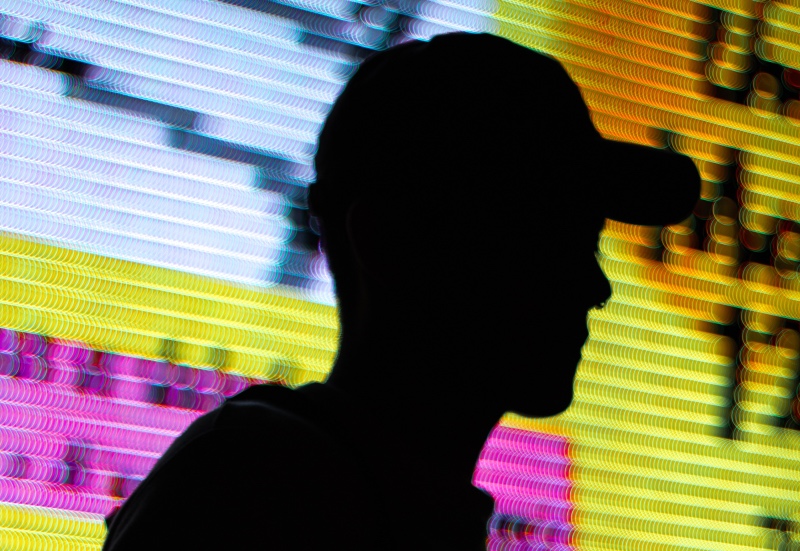Digital identity systems are a “revolutionary” way to provide the world’s most vulnerable with access to essential services, but must protect their privacy, philanthropists, businesses and charities said on Friday.
More than one billion people globally have no way of proving their identity, according to the World Bank, which experts say excludes them from basic services such as education and healthcare.

More a billion people around the world have no way of proving their identity says the World Bank. PICTURE: Kieron Mannix/Unsplash
But technologies like blockchain and mobile phones can support private digital identity systems that can be accessed anywhere, said Dakota Gruener of the ID2020 Alliance, a public-private consortium promoting the UN 2030 Sustainable Development Goal of providing legal identity for everyone.
Digital identity systems can be a “revolutionary” path to inclusion if done properly, said CV Madhukar, global lead on digital identity with the Omidyar Network, which funds the Thomson Reuters Foundation’s property rights coverage.
“If you look at a 21st-century economy, so many activities including government services are transacted online,” said Madhukar ahead of the third summit of ID2020 at the UN headquarters in New York.
“Therefore, the ability to establish one’s identity uniquely and accurately every time is going to be critical.”
However, such initiatives need to be carefully implemented to avoid violating privacy, security and user control over online data, according to Madhukar and Gruener.
“In order for (digital identity) to improve lives, it needs to be portable, including across borders; it needs to be able to be used throughout your life; personal, meaning tied to a unique human; and cyber-protected,” Gruener said.
In India, which in 2009 launched the world’s biggest biometric database to streamline welfare payments, experts have raised concerns about the susceptibility of biometrics to failure, and the misuse of data for profiling or surveillance.
Rising action to implement digital identity systems, spurred in particular by the SDGs, make it more critical than ever for the global community to agree on the parameters of a “good” digital identity, said Madhukar.
Initiatives from the ID2020 consortium include businesses Accenture Plc and Microsoft Corp teaming up to help individuals such as refugees prove who they are through a digital ID network using blockchain technology – a decentralised digital ledger shared by a network of computers.
Gruener said sectors like healthcare provided “kernels” that a digital identity could be built upon.
For example, 86 per cent of children globally receive the DTap vaccine for diphtheria and other diseases, but only 65 per cent of them have a birth certificate.
“In many countries, the most ubiquitous form of ID isn’t a birth certificate, but a health card,” Gruener said.
That card can be digitised to “form the kernel of a digital identity that they then carry for the rest of their lives”, she said.
Other such “kernels” could include a digital birth certificate, a mobile phone SIM card or a microfinance loan, she added.






